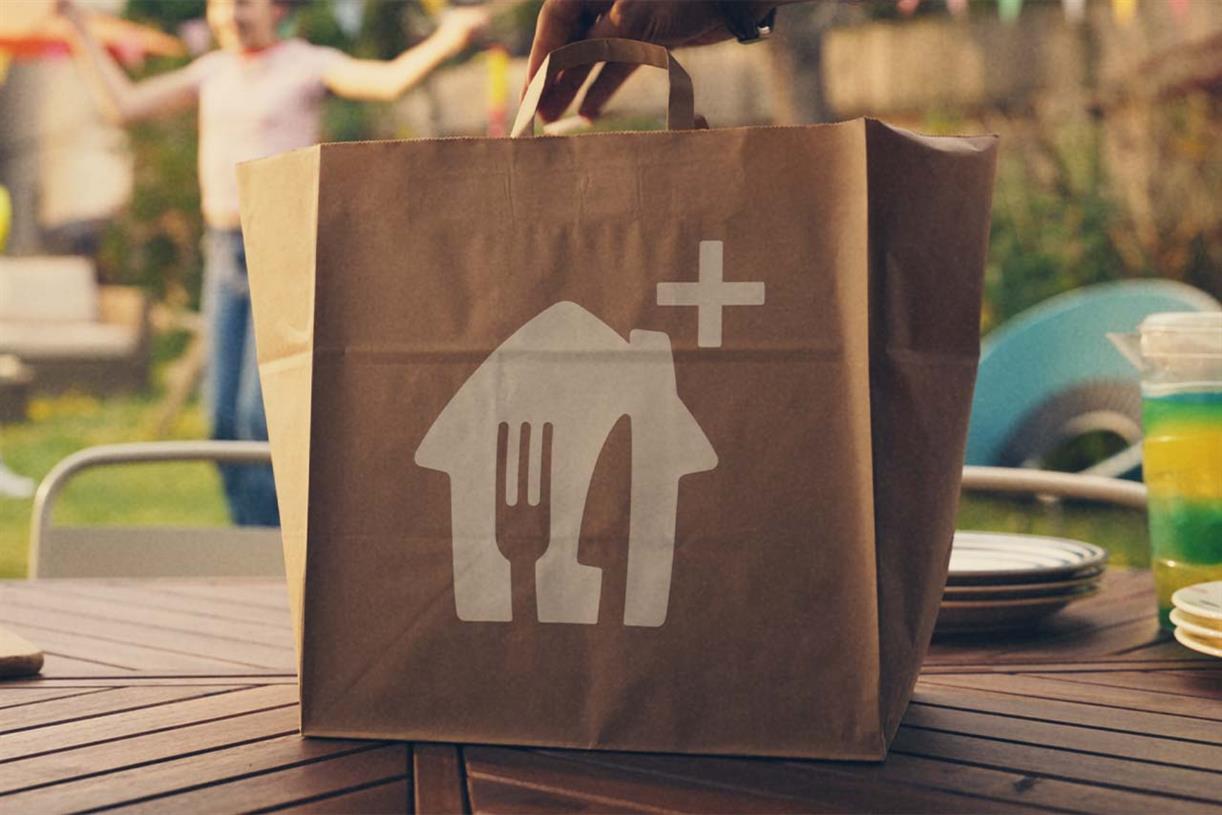Kraft Heinz names new CEO
Carlos Abrams-Rivera will become chief executive Jan. 1, taking over for Miguel Patricio.

A new CEO will take over Kraft Heinz at the beginning of the year, to help usher the Chicago-based ketchup maker through its next growth phase.
Carlos Abrams-Rivera will become CEO and a board member Jan. 1, the company said in a press release this morning. He will remain in his current role as president of the North America Zone until then, but become president effective immediately.
Abrams-Rivera is taking over for Miguel Patricio, who has been CEO for more than four years and chairman since 2022. Patricio will become non-executive chair on Jan. 1.
“We are extremely grateful for Miguel’s leadership over the past four years. He has a deep understanding of marketing and consumers, which was instrumental to the company’s turnaround,” lead director Jack Pope said in the press release announcing the transition. “The transition from Miguel to Carlos reflects the board’s thoughtful succession planning and we are confident that the company will continue to accelerate growth with Carlos assuming the role of CEO.”
Abrams-Rivera joined Kraft Heinz in February 2020, jumping over from another well-known snack company, Campbell Soup. The 56-year-old is a native of Puerto Rico, and got his start in the industry in 1998 at Kraft Foods, a previous iteration of the company he will soon lead.
The incoming CEO is poised to lead Kraft Heinz through a period of growth, while navigating lingering inflationary challenges. The company detailed plans earlier this year to push further into food service and roll out more flavorful offerings such as personalized sauces, and Mexican packaged foods.
At the same time, however, Kraft Heinz must work to retain its customers. Though Kraft Heinz executives said during the company's most recent earnings call that it was not worried about sales slumping, some consumer packaged goods makers have reported a drop off this summer. Snack makers have been raising prices for more than a year to offset inflation, and some consumers have decamped to private label brands.
The challenges facing Abrams-Rivera, however, are not as steep as those Patricio had to contend with when he took over on July 1, 2019. At that time, the mac and cheese maker was in crisis. Sales were falling in the wake of deep cuts by predecessor Bernardo Hees, who was installed as CEO by 3G Capital after the Brazilian buyout firm teamed up with Warren Buffett to merge Kraft Foods and Heinz in 2015. Carrying out the 3G playbook, Hees eliminated thousands of jobs and shuttered factories in a cost-cutting campaign that slashed $2 billion in expenses and briefly inflated the company’s profit margins to industry-leading levels.
The lack of investment quickly deflated Kraft Heinz’ brands, leading to write-downs totaling more than $15 billion. With revenues down and profit margins shrinking, Kraft Heinz stock fell 68% between early 2017 and July 2019, erasing $70 billion in market value.
Some wondered if Patricio was the right choice to reinvigorate the brands, since he came from another company controlled by 3G. There were also questions about 3G’s willingness to allow the kind of spending Kraft Heinz needed to reconnect with customers. But Patricio had a reputation for brand building, and he brought that ethos to Kraft Heinz.
He announced plans to increase media spending by 30% to support flagship brands. Kraft Heinz gave Velveeta cheese its first logo revamp in 20 years, and launched novelty products to generate buzz with consumers. There’s Kraft Macaroni & Cheese ice cream, Grey Poupon wine and an Oscar Meyer bologna-inspired face mask. Kraft Heinz also built an in-house advertising agency that won awards for its campaigns.
Along with attention-grabbing marketing campaigns, he moved to strengthen Kraft Heinz’s portfolio by selling off weaker brands, reducing exposure to commodity costs and avoiding competition with store brands. He used the proceeds of selling the natural cheese and nuts businesses in 2020 to pay down debt, fund growth investments and mitigate cost inflation.
Kraft Heinz caught a huge break when pandemic lockdown orders shuttered restaurants across the country, forcing consumers to stock up at grocery stores. Sales rose 4.8% to $26.2 billion in 2020 after sinking 4.9% in 2019. Sales slipped slightly, though, after restrictions loosened, and Patricio was met with his next challenge: keeping all those new customers, even as they were allowed to go back to restaurants.
Experts say one way to retain those consumers is through innovation, which Kraft Heinz plans to focus on going forward.
—Crain's Chicago Business

 BigThink
BigThink 
































